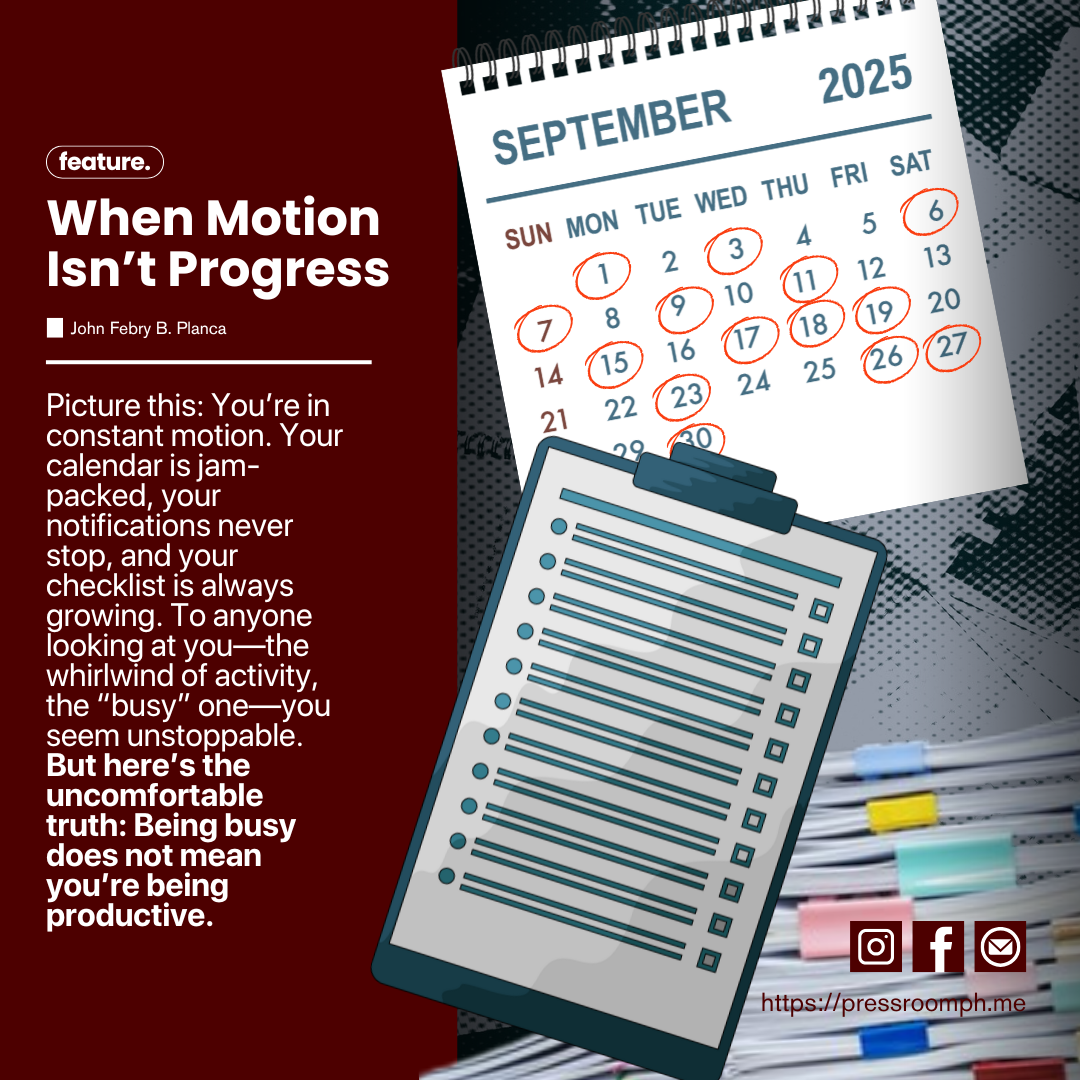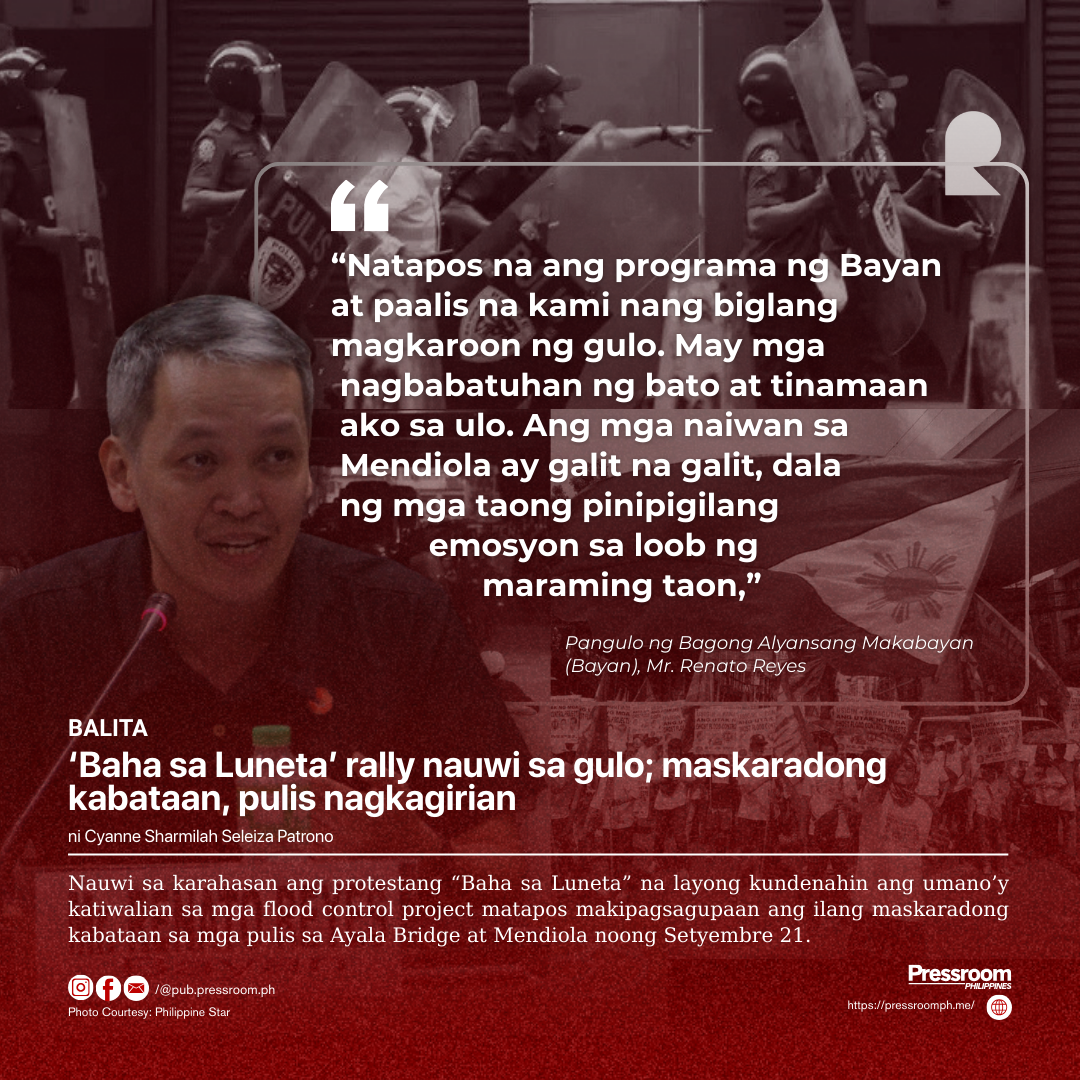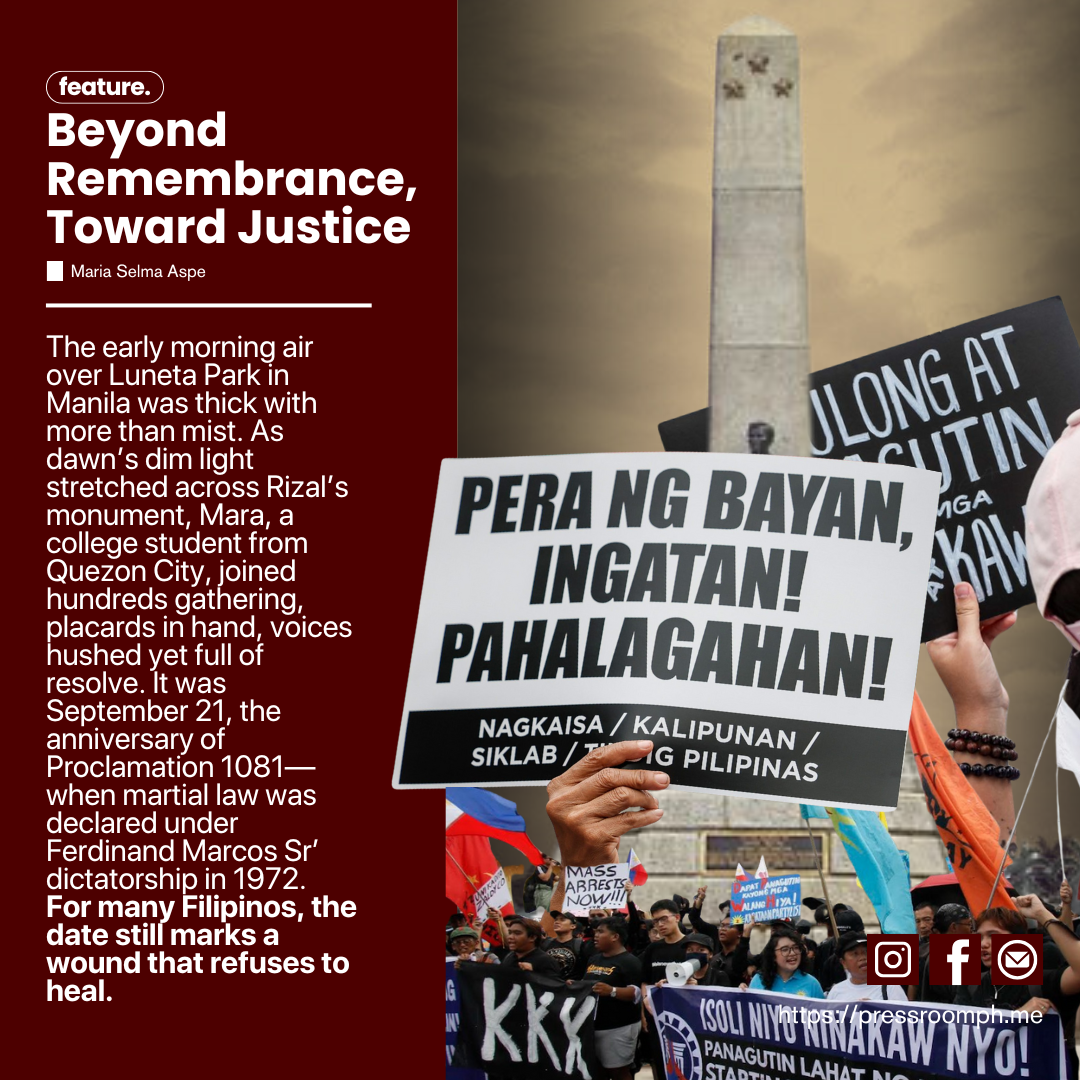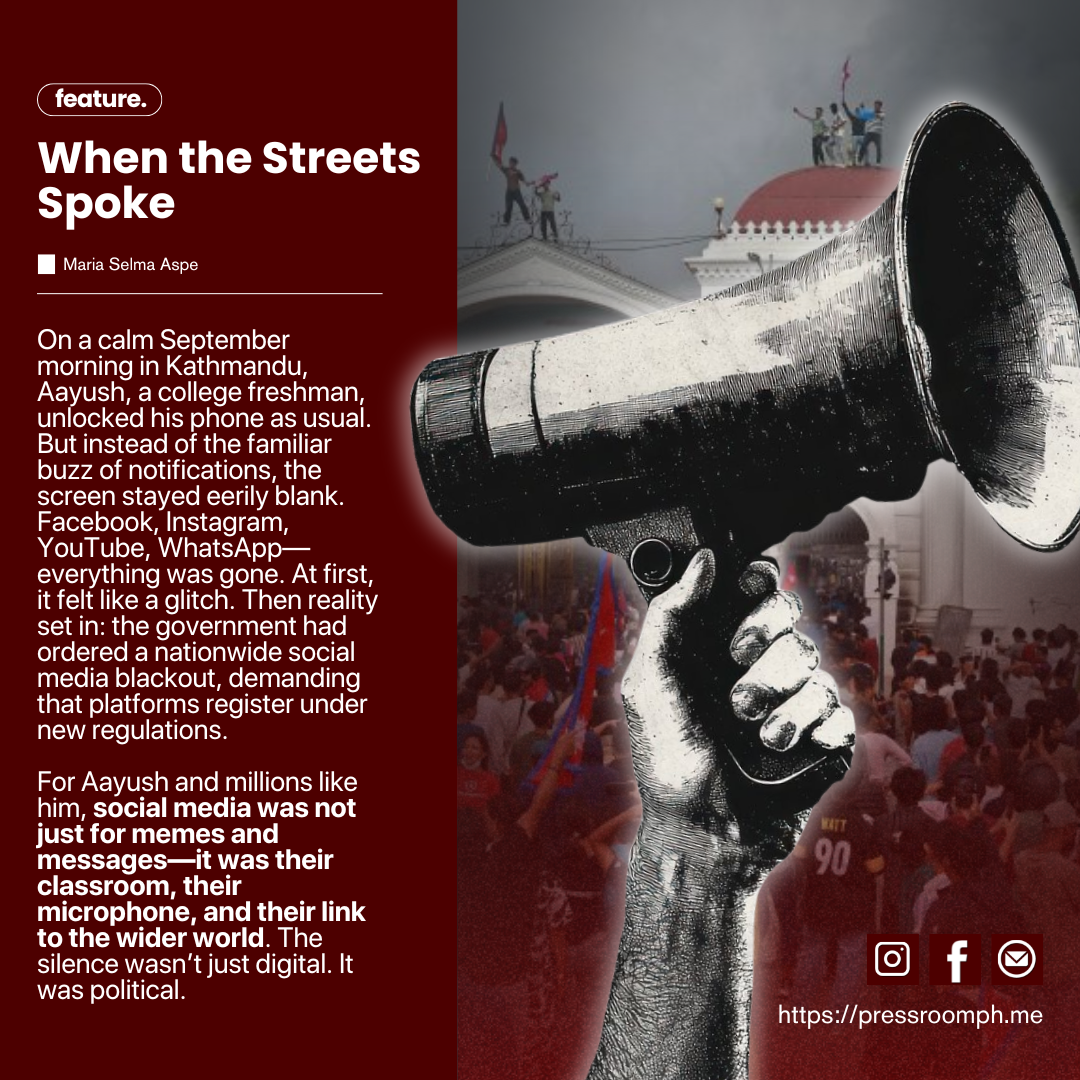Picture this: You’re in constant motion. Your calendar is jam-packed, your notifications never stop, and your checklist is always growing. To anyone looking at you—the whirlwind of activity, the “busy” one—you seem unstoppable. But here’s the uncomfortable truth: Being busy does not mean you’re being productive.
This is the illusion of productivity. It is the mask we wear to convince ourselves—and others—that effort equals progress. We’ve confused activity with achievement; we’ve mistaken motion for momentum.
Why does this illusion grip us so tightly? Because being busy feels good. It gives us a sense of authority over our boundaries and the chaotic world. Checking tasks off a list gives us a quick rush of satisfaction. A full schedule makes us feel important, needed, and validated. But beneath the surface, much of that motion is empty: endless meetings that don’t change outcomes, hours spent responding to messages that could have been ignored, and reorganizing, replanning, and relabeling—all without moving an inch closer to what truly matters: our academics, our profession, or, simply, our own growth.
The deeper reason we cling to busyness is fear—fear of slowing down and facing the hard questions: Am I working on the right things? Is this task meaningful, or just something I do for the sake of doing something? What happens if I stop moving?
Busyness shields us.
It gives us a convenient excuse—"I didn’t have time" or "I was busy"—instead of admitting the scarier truth: "I avoided what mattered, directly or indirectly."
And the cost is heavy. People burn out not from working hard, but from working endlessly on the wrong things. Schedules pile up, filled with motion but absent of direction. Life becomes a cycle of doing, doing, doing—without ever asking why.
Real productivity isn’t loud.
It is not about filling every slot in your planner. It is about impact, not constant activity that doesn't even give you a taste of growth. It is the one or two things that actually move you forward, even if nobody notices.
So how do we break the spell? The answer isn’t to throw away structure or discipline; it is to redefine what productivity actually means.
Think of it this way: if you can end the day knowing you finished one important thing, that’s already a success. Don’t crowd your time with tasks that only look busy. Focus, finish, and give yourself permission to pause. That’s what real productivity feels like.
The illusion of productivity wants you to stay busy forever, but real progress begins the moment you pause, move away from the noise, and choose to work with intention.
So next time you feel that rush of busyness, stop. Ask yourself: Am I actually moving forward—or just running in place?





